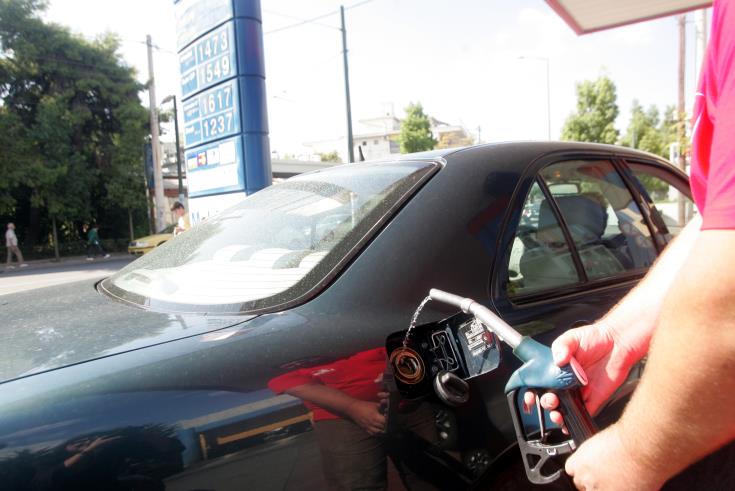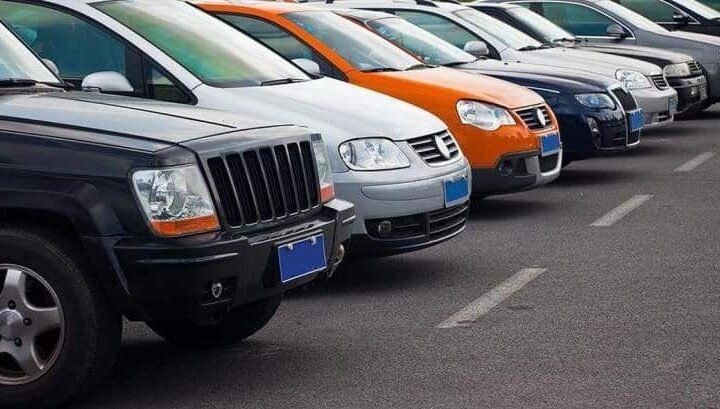The government is under attack from consumers for standing by as motorists face a rollercoaster ride of petrol price increases.
President of the Cyprus Consumers Union and Quality of Life, Loucas Aristodemou, told the Financial Mirror that government intervention could halt fuel prices, despite the Finance Minister claiming otherwise.
He criticised the government for avoiding dealing effectively with the issue.
“It is hiding behind the argument that the increase in prices of essentials and fuel is a global phenomenon; the government could bring prices down in an instance if it so wished.
“Fuel is currently levied with three types of taxation, which is illegal both according to EU legislation, but also it is unconstitutional,” argued Aristodemou.
He argues that petrol carries a consumption tax, 44 cents excise tax per litre, added to a 10-cent indirect tax for biofuel in the mix, and 19% VAT.
“This is illegal, and the state should end this illegality, especially now in the face of rising prices which have come close to all-time highs.”
According to the Finance Ministry Price Observatory, the average price for 95 octane petrol this week in Cyprus is 1.334, while the average diesel price is 1.399.
Consumers are looking for alternatives, such as resorting to cheaper fuel stations in the Turkish occupied north and avoiding using private vehicles as much as possible.
“We will definitely be seeing people avoiding using their vehicle, but that is not a realistic choice in the absence of alternatives.”
Cheaper fuel in the north
Finance Minister Constantinos Petrides has tabled a proposal for checks on vehicles returning from the north.
Petrol station owners have recorded a steady decrease in sales.
According to Famagusta gas station owners, fuel sales in the region have dropped by 30% as many drivers go north for petrol crossing the checkpoint at Dherynia.
Petrol is sold at half the price in the north, mainly due to the absence of consumption taxes.
Also, the north does not comply with EU directives on quotas on CO2 emissions, which means that additional penalties do not burden fuel prices.
Asked by MPs if the government was thinking of reducing petrol prices by removing taxes on fuel or electricity, Petrides said there is currently “no fiscal room” for such a move.
This is due to the government’s support for businesses and employees during the pandemic and the 10% discount to households from November 2021 to February 2022.










